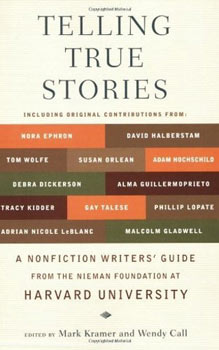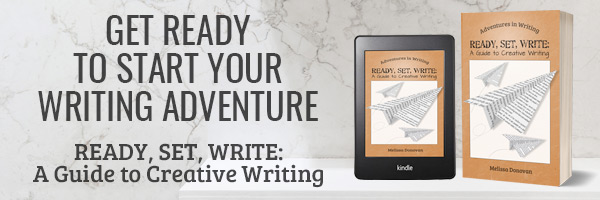
Unlocking the Secrets of Screenwriting: Allan Durand’s Surprising Formula for Success
Ever wonder what it takes to write a screenplay that doesn’t just get finished but…
Unveiling the Hidden Colors: Kathy Anderson’s Poem That Transforms Life’s Ordinary Moments
Ever notice how the simplest shades can hold the wildest stories? I mean, take the…
Unlock the Secret Power of the 4 Cs—Why Mastering Them Could Change How the World Reads You Forever
Ever find yourself tangled up in words, wondering why expressing a simple thought feels like…
The Hidden Struggle of Living Abroad: How Distance Turns Books into Forbidden Treasures
Ever found yourself craving the feel of a real book in your hands, rather than…
The Unexpected Melody That Healed a Lifetime of Heartache—Discover the Robin’s Secret Song
Have you ever paused mid-step, caught off guard by the simple, soulful trill of a…
Unlock the Secret Method to Perfect Writing—No AI Required!
Ever feel like your trusty grammar checker has turned into an overzealous robot buddy who…
Unveiling the Hidden Strength Within: The Enigmatic Power of “The Rhino Skin” by P.K. Deb
Ever felt like throwing on an invisible suit of armor just to survive the daily…
Unlock the Hidden Secret That Transforms Your Spec Script from Good to Unforgettable
Ever wonder why writers keep chasing that elusive "spec" project despite the odds stacked like…
Escape Reality: How a Writer’s Workshop Transforms Your Vacation into a Creative Journey
Ever wonder what happens when a writer trades the familiarity of the Rocky Mountains for…
Unveiling the Enigmatic Passion Behind “The Lover of Beauty” – A Poem That Transcends Time
Ever wonder if loving someone for their looks is like chasing a sunset—stunning for a…




































